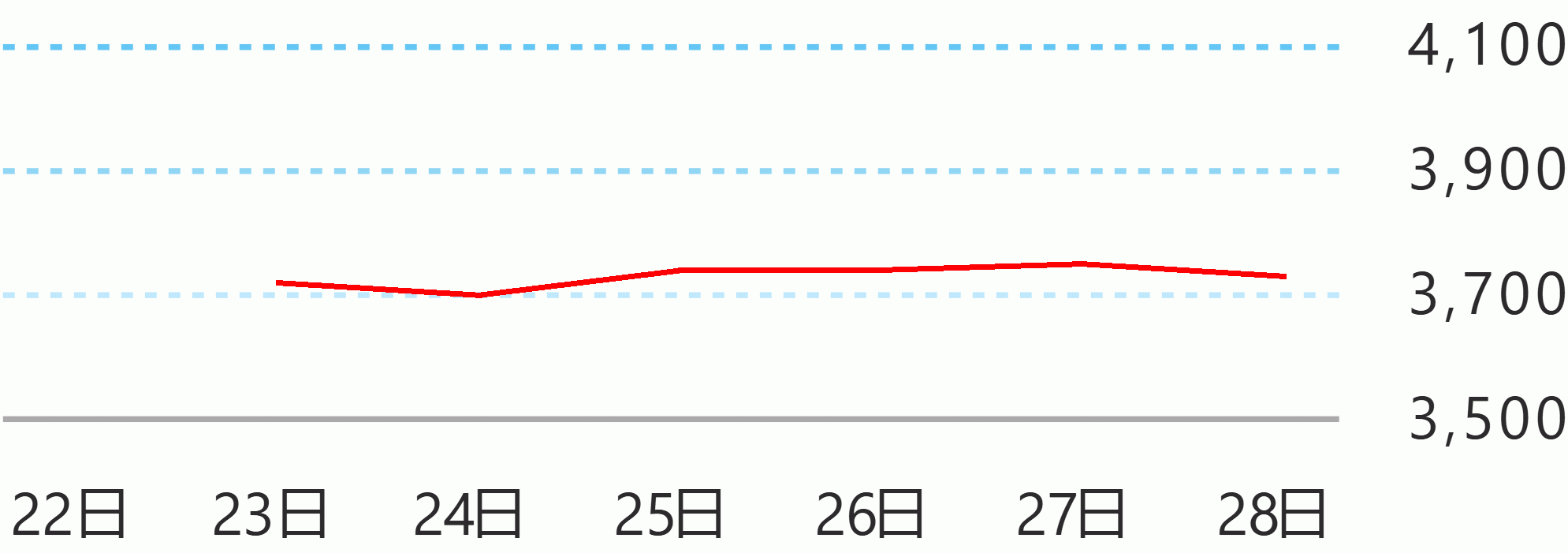The water shortage experienced in some parts of Metro Manila was not for a show just to speed up the implementation of the controversial Chinese-funded Kaliwa Dam Project, a government official said on Wednesday.
Metropolitan Waterworks and Sewerage System ( MWSS) Administrator Reynaldo Velasco, in a press briefing in Malacanang, said the government is following a timeline in the implementation of the P12.2-billion New Centennial Water Source-Kaliwa Dam Project.
The loan agreement for the project was signed in November 2018 during the state visit in the country by Chinese President Xi Jinping.
"It's not," he said when asked if the water supply interruptions recently experienced specifically by the customers of Manila Water Company, Inc. was just a "moro-moro" of for a show to fast-track the implementation of the project.
"Well, we have a timeline there, we cannot fast track," he said. But he added they hope the project could be finished before President Rodrigo Duterte steps down from office by 2022
There were opposition on the implementation of the project due to its possible negative effect among the indigenous people living in Rizal where the dam would be constructed.
Another criticism was the selection of China as the source of the loan.
There have been warnings by some quarters that tapping Chinese loans could result to "debt trap" in the wake of Manila's territorial dispute with Beijing in the South China Sea.
Assistant Finance Secretary Tony Lambino, in the same press briefing, reiterated that the Philippines' debts with China would not result to a trap as the government has thoroughly studied all projects before approving the funding source.
He explained that by 2022 when most projects under the Build, Build, Build program of the government are expected to have been implemented, the Philippine "debt exposure to China" is estimated to reach to 4.5 percent of the total debt exposure compare to 9.5 percent, which is "more than twice higher" that of Japan.
"That's why there's no danger that we will be drowned from Chinese debt," he said.
But while Lambino explained there was no "collateral" provision on Chinese loans, he failed to answer a concern that when the next administration would strongly insist on its claim over certain areas in the South China Sea, Beijing might use other aspects of its relationship with Manila, such as on trade, as its bargaining chip. Celerina Monte/DMS




 English
English









